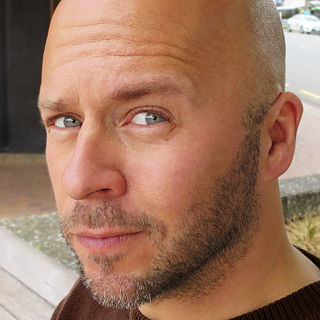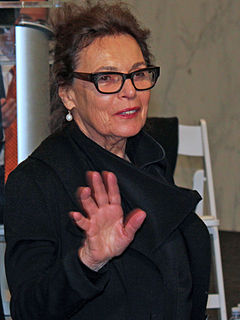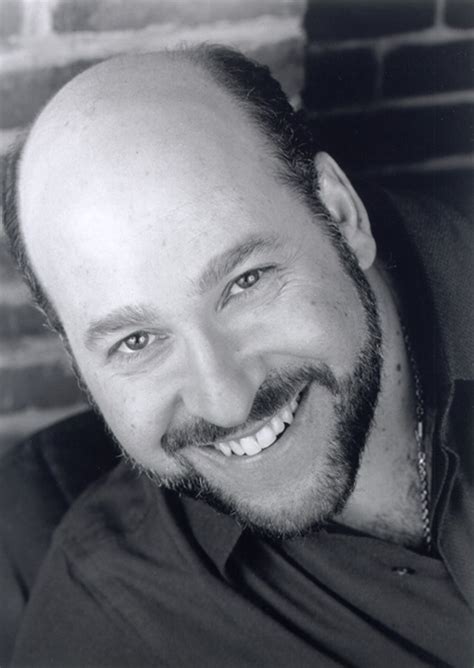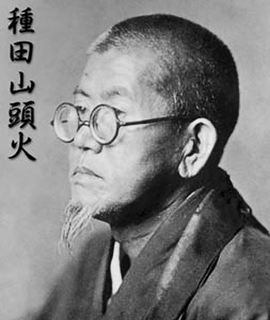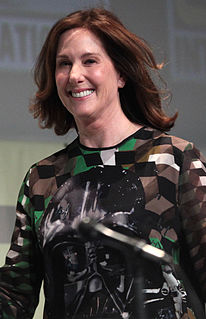A Quote by Julie Taymor
Limitations force you to find the essence of what you want to say, which is one of the most important things to know for an artist.
Related Quotes
Most people don't know what they're talking about. They move their mouth and say things because they don't want to admit they don't know. Or they think they know, but it's just confabulation and biases. So ignore them unless what they say resonates with some real wisdom inside of you. Assume they're a fool and find out the truth for yourself.
I think Robert Altman could see things in me that I didn't know I possessed, which is really exciting. He also instilled a tremendous amount of confidence, because he would say things like, "These are the bare bones, but I want you to go fill it out. You find the character. You bring it to me. You write whatever you want." And if you had an idea, he wouldn't want to hear about it. He's want you to show it to him.
It is difficult to find a reputable American historian who will acknowledge the crude fact that a Franklin Roosevelt, say, wanted to be President merely to wield power, to be famed and to be feared. To learn this simple fact one must wade through a sea of evasions: history as sociology, leaders as teachers, bland benevolence as a motive force, when, finally, power is an end to itself, and the instinctive urge to prevail the most important single human trait, the necessary force without which no city was built, no city destroyed.
Real haiku is the soul of poetry. Anything that is not actually present in one's heart is not haiku. The moon glows, flowers bloom, insects cry, water flows. There is no place we cannot find flowers or think of the moon. This is the essence of haiku. Go beyond the restrictions of your era, forget about purpose or meaning, separate yourself from historical limitations—there you will find the essence of true art, religion, and science.
Why shouldn't I be interested in politics? That is to say, what blindness, what deafness, what density of ideology would have to weigh me down to prevent me from being interested in what is probably the most crucial subject to our existence, that is to say the society in which we live, the economic relations within which it functions, and the system of power which defines the regular forms and the regular permissions and prohibitions of our conduct. The essence of our life consists, after all, of the political functioning of the society in which we find ourselves.
What I most cherish is the observation of the movement of colors. Only in this have I found the laws of those simultaneous and complementary color contrasts that nourish the actual rhythm of my vision. In this I find the actual essence, an essence which is not born out of an a priori system or theory.
I began to wonder - I knew I was an artist or wanted to be one - but I was wondering whether I really was an artist. I was doing such ordinary things that I could feel the difference. Most people would look at those things and say, 'Well, that's nothing. What did you do that for? That's just a wreck of a car or a wreck of a man. That's nothing. That isn't art.' They don't say that anymore.


